SEO
Google Sunsets FLoC, Announces New Topics API Solution

Google announces its new user privacy and targeting solution, Topics API, which will replace the heavily criticized FLoC solution.
The days of Google’s user targeting solution, FLoC (Federated Learning of Cohorts), are officially over.
This change comes to a surprise after Google has been prepping marketers for the removal of third-party cookies since early 2021.
What is FLoC?
If you don’t know what FLoC is, here is a brief overview. You may have heard about it in industry news, but what does it actually mean?
FLoC (Federated Learning of Cohorts) was introduced in March of 2021. It was a Privacy Sandbox initiative that essentially would allow browsers to enable interest-based targeting.
The solution was introduced due to the concern of third-party cookies being removed from the Google Chrome browser in 2023.
The FLoC solution would have been a big change because individuals are grouped into cohorts in order to preserve anonymity and user privacy.
Advertisers would be able to target based on those cohorts, however the impacts of individual targeting remain a concern. Cohorts would be made up of thousands of users, not individuals themselves.
The New Topics API
It seems that Google has taken feedback from the advertising community seriously with its introduction of the Topics API solution.
The Topics API is a Privacy Sandbox solution for interest-based advertising.
The main differentiator between Topics and FLoC is how it’s gathering interest targeting.
With the new Topics API solution, your browsing behavior picks “topics” of your individual interests for that particular week. These topics are only stored for three weeks, then deleted.
Topics are only stored on a user’s device, removing the need for external servers, including Google’s.
How Are Topics Different Than FLoC?
While the two targeting solutions both revolve around a user’s interests, there are some key distinctions between them.
The biggest difference is that Topics interests will be deleted from a user every 3 weeks. While FLoC grouped users into cohorts, there was no time limit on how long a user could stay within that cohort.
Additionally, the previous FLoC solution would produce a cohort ID that advertisers could use to target. The new Topics API solution will not have cohort IDs and will be using topics to share with advertisers and websites.
Along with the functionality differences of the two solutions, there are differences on the user privacy controls as well.
With the Topics API, it puts the user in control. Users will be able to view the topics associated with them. Individuals will also have the ability to opt out of Topics completely, or remove specific topics associated with them.
Sites that are considered to be a sensitive category are automatically excluded from a user, such as race or sexual orientation. This update keeps the user safety at top of mind.
Why Should Advertisers Care?
Google is still moving forward with the removal of third-party cookies at some point in 2023. Because of this change, advertisers need to know their options.
Knowing this new targeting solution will help advertisers start planning how their strategy may change, if at all, based on these changes. Understanding what topics will be available later on in the year can shed light on how targeted you can get with your advertising.
Remarketing efforts (outside of first-party data) may likely still be limited due to individual user privacy. You may need to shift your advertising approach to focusing on the best way to capturing first party data as soon as possible in the customer journey, rather than relying on browser activity to close a sale.
Source: Google
Image Credit: Andrey Suslov/Shutterstock





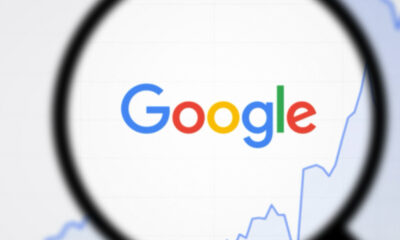

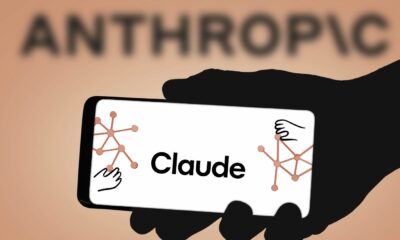



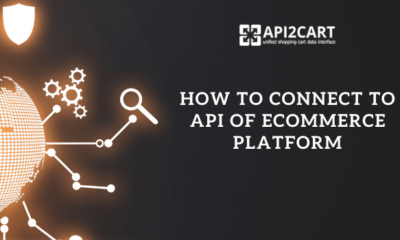

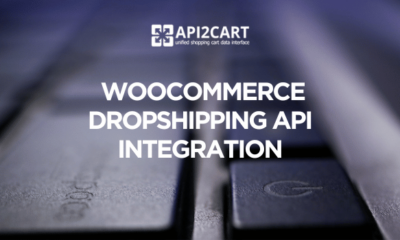

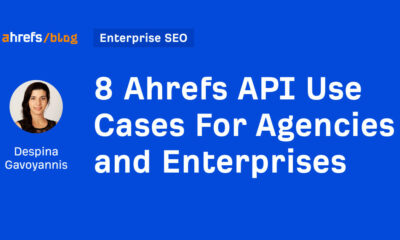

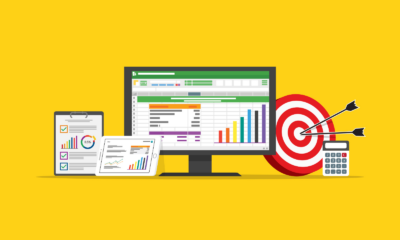

You must be logged in to post a comment Login